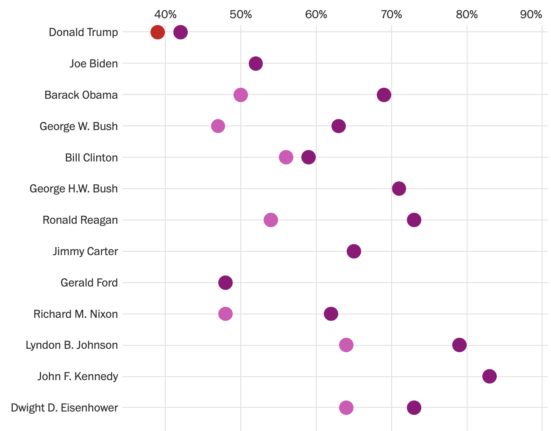Ex-BitMEX CEO Arthur Hayes has criticized EOS as the most destructive value ICO from 2017, calling out the project’s lack of follow-through after raising billions through its token sale.
Once hailed as a breakthrough in blockchain funding, the 2017 EOS (EOS) initial coin offering now faces harsh criticism from Arthur Hayes, who dubs it the “most value-destructive” offering of the year despite its massive $4.1 billion raise.
In his latest blog post dubbed “The Cure,” the co-founder of cryptocurrency exchange BitMEX, pointed to EOS’s post-launch stagnation as emblematic of the risks posed by large-scale ICOs. Despite the lack of significant progress or innovation following its launch, EOS has managed to retain a market cap of $1.2 billion, a striking testament to the volatility of the crypto space, he noted.
“There was obvious dogshit that ICO’d in 2017. My award for the most value-destructive ICO goes to EOS. Block.one raised $4.1 billion in crypto to build EOS. EOS launched and was never to be heard from again.”
Arthur Hayes
The ex-BitMEX CEO acknowledged the ICO’s execution, calling it a “thing of beauty” from a financial market perspective, though underscored that the long-term value of EOS failed to live up to the hype. He stressed that although the project’s ICO marked the peak of the 2017 crypto bubble, many other projects from that era also disappeared without a trace.
“To shoot for the 10,000x, you must accept that most of your investments will trade near zero post-ICO. But that’s better than the current VC coin setup, where 10,000x is almost a mathematical impossibility, but you can still be down 75% a month after a CEX launch.”
Arthur Hayes
In his commentary, Hayes also cautioned retail investors about the dangers of high fully diluted valuation and low float tokens, warning against “overvalued tokens” on centralized exchanges that could harm investors’ portfolios. He also advocated for a return to ICOs that give retail participants a chance to achieve significant returns, calling for renewed “fanatical support” for new crypto projects.
When Block.one conducted the ICO for EOS, it set a new precedent by raising a record $4.1 billion over the course of a year, from June 2017 to June 2018. That monumental fundraising surpassed all previous ICOs, marking EOS as the largest token sale ever in the crypto space at the time.
However, the project’s ambitious promises never came to fruition. Despite the massive funding, the EOS platform struggled with many of the technical and governance issues it had promised to address. Eventually, in 2019, the Securities and Exchange Commission charged Block.one for conducting an unregistered securities offering in the U.S., which led to a $24 million settlement, though Block.one did not admit wrongdoing.
As of the latest data, EOS is trading at $1.15, a dramatic 95% decline from its all-time high of $22.89 reached on April 29, 2018.








